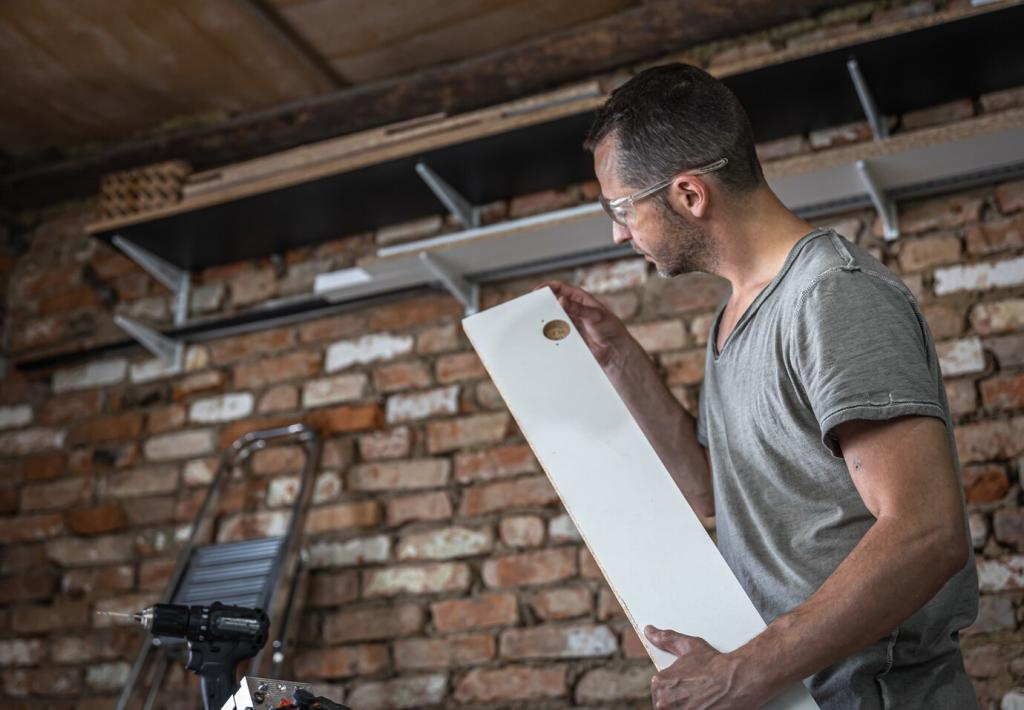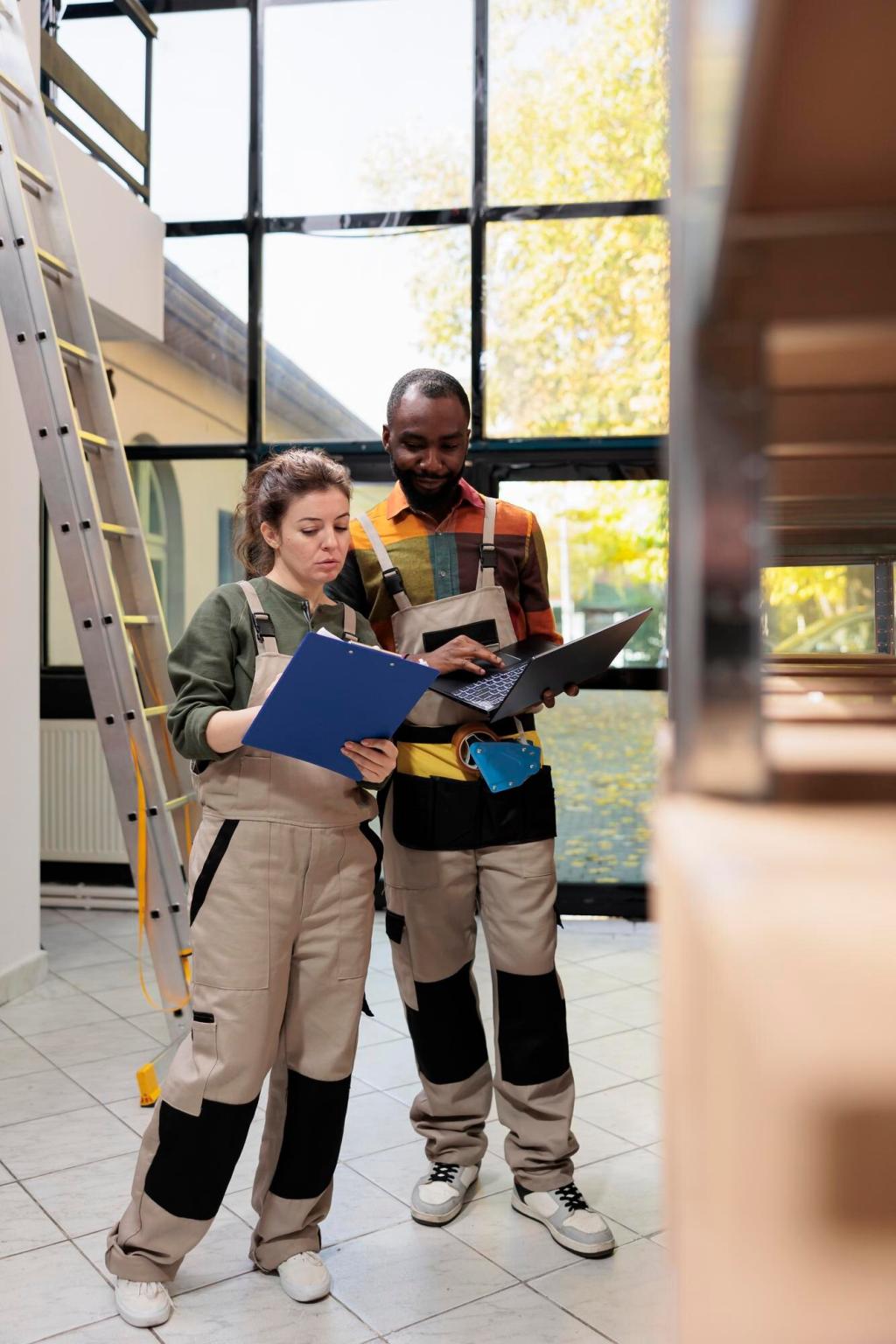
Innovative Sustainable Renovation Technologies
Discover the transformative power of innovative and sustainable renovation technologies as they reshape the way we rejuvenate living and working spaces. These cutting-edge approaches emphasize environmental responsibility while maintaining or even enhancing comfort, efficiency, and aesthetics. As the built environment faces increasing pressure to minimize its ecological footprint, adopting smart renovation solutions is becoming not just a preference, but a necessity. Here, we explore how new technologies are propelling renovations into a greener, smarter future and why embracing them is essential for forward-thinking property owners and industry professionals alike.
Energy-Efficient Insulation Methods
Vacuum insulation panels (VIPs) are a breakthrough technology offering superior thermal performance compared to traditional insulating materials. Utilizing a core material encapsulated in a gas-tight envelope, VIPs function by removing air and virtually eliminating heat transfer through conduction and convection. As a result, they achieve high insulation values within a fraction of the thickness of conventional materials, making them ideal for retrofitting in space-constrained areas like wall cavities and roof spaces. Their use in sustainable renovation addresses not only energy efficiency but also the growing demand for maximizing usable interior space while enhancing a building’s envelope performance.


Intelligent heating, ventilation, and air conditioning (HVAC) systems utilize advanced sensors, machine learning algorithms, and connectivity to optimize environmental comfort while minimizing energy expenditure. By continuously monitoring occupancy patterns, weather forecasts, and air quality, these systems automatically adjust temperature, humidity, and ventilation rates to match user needs and external conditions. This precision in energy management reduces unnecessary consumption, prolongs equipment life, and cuts greenhouse gas emissions—making intelligent HVAC systems a cornerstone of smart, sustainable renovations.

Automated lighting solutions employ occupancy sensors, daylight harvesting, and adaptive controls to maximize energy savings while maintaining user comfort. By tracking movement, ambient sunlight, and scheduled activities, smart lighting systems dim or brighten fixtures as needed, reducing electricity usage and extending bulb lifespans. Integration with centralized building control systems enables personalized lighting environments, enhances productivity, and lowers operational costs. These technologies represent a key innovation in sustainable renovation, offering dynamic solutions that respond immediately to changing conditions.

Energy monitoring and management platforms provide real-time insights into a building’s energy consumption, empowering users to identify inefficiencies and make informed decisions for conservation. These platforms aggregate data from various building systems—such as HVAC, lighting, and appliances—and present actionable analytics through user-friendly dashboards. By highlighting trends, anomalies, and opportunities for improvement, energy management tools foster a proactive approach to sustainability. Adopting such platforms during renovation projects is essential for maximizing long-term efficiency and ongoing carbon reduction.
Sustainable Water Management Solutions
Greywater Recycling Technologies
Greywater recycling systems collect, treat, and repurpose wastewater from baths, sinks, and washing machines for non-potable uses such as toilet flushing and landscape irrigation. By significantly decreasing fresh water demand, these systems play a critical role in sustainable renovations. Advanced filtration and disinfection processes ensure the recycled water is safe, while modular system designs allow for easy integration into existing structures. Greywater recycling effectively reduces utility bills and aligns building operations with sustainable water management practices.

